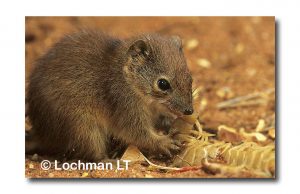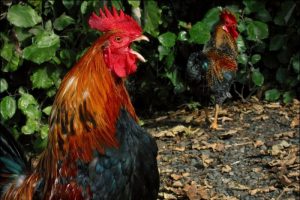It’s not a novel idea: humans have imposed their will on planet earth. But it is short-sighted in that technology, learning from nature, can create a space for billions.
 Paul Joseph Watson of Summit writes that a Swedish behavioral scientist has suggested that it may be necessary to turn to cannibalism and start eating humans in order to save the planet.
Paul Joseph Watson of Summit writes that a Swedish behavioral scientist has suggested that it may be necessary to turn to cannibalism and start eating humans in order to save the planet.
Appearing on Swedish television to talk about an event based around the “food of the future,” Magnus Söderlund said he would be holding seminars on the necessity of consuming human flesh in order to stop climate change.
Environmentalists blame the meat and farming industry for a large part of what they claim is the warming of the earth.
According to Söderlund, a potential fix would be the Soylent Green-solution of eating dead bodies instead.,
He told the host of the show that one of the biggest obstacles to the proposal would be the taboo nature of corpses and the fact that many would see it as defiling the deceased.
There are issues with Creutzfeldt-Jacob disease and To Serve Man is really a Soylent Green cookbook, but why would such details matter when a behavioral scientist is gassing on.











